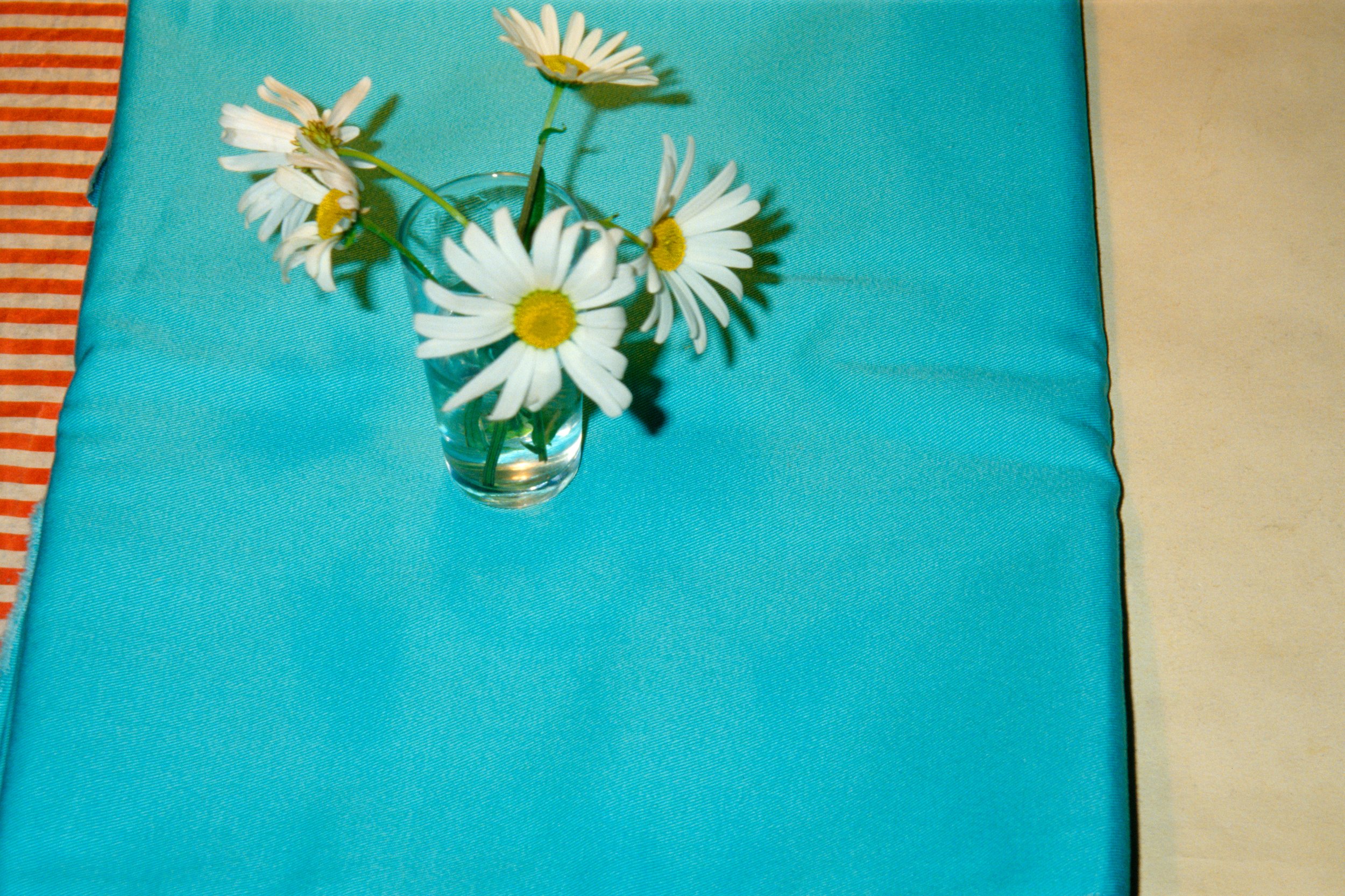Zanele Muholi's (*1972) black-and-white photographs are rich in contrast. However, Muholi does not want to show us a reality in black and white, rather the diverse spectrum in between: Muholi's work tells stories of lesbian, gay, bisexual, queer, trans*, and inter* people of color who hail from Muholi's native South Africa. In South Africa, queer people are often hated, threatened, and persecuted. Sexual politics, racial violence, and self-assertion are content of Muholi's work. Muholi calls herself a "visual activist" and challenges thinking in binary categories - man/woman, black/white - with portraits that do not conform to common expectations and conventions.
Loving embraces, tender glances, washing together: The series Being (since 2006) provides an intimate glimpse into the everyday lives of queer couples. Even after the end of apartheid and the establishment of a democratic state in the last thirty years, queer people in South Africa live oppressed lives. For them, despite democracy, little has changed because society is dominated by heteronormative thinking. Faces and Phases (since 2006) is probably Muholi's most extensive portrait series, with over 500 works. Muholi regularly portrays people from South Africa's black LGBTQIA+ community, capturing their faces and the phases of their gender identities. It is Muholi's central concern to create awareness for the oppressed communities and thus positive visibility. Brave Beauties (2014-present) is a portrait series of trans women and non-binary people, some of whom participate in beauty pageants. Queer beauty pageants provide a safe space within the Black LGBTQIA+ community where participant:s express their own beauty. At the same time, these images are meant to challenge queer and transphobic stereotypes and resist the dominant binary gaze. Muholi sees the people portrayed as collaborators in the creation of the images, thanks to whose collaboration the works are created. In the portrait series Somnyama Ngonyama ("Praised be the dark lioness" on isiZulu, since 2012), Muholi herself sits in front of the camera and adopts different poses and characters. The images reflect colonial and apartheid history in a personal way. Everyday materials such as clothespins, bicycle tires, and plastic tubes are transformed into politically charged props and costumes to negotiate questions of representation and race (a discrimination-sensitive term for the German term "Rasse" to draw attention to man-made categorizations). A strong black and white contrast causes the skin color to appear darker. Muholi thus reclaims blackness for herself. With this work, Muholi is gaining international recognition at the 2019 Venice Biennale.
The exhibition at the Museum of Art Lucerne is the first comprehensive presentation of Zanele Muholi's work in Central Switzerland. The public can access the website www.divers2023.ch for supplementary information as well as explanations of terms. This digital offer rounds off the exhibition on the topic of diversity in terms of content.
The exhibition was curated by Fanni Fetzer and Yasufumi Nakamori, Senior Curator, Tate Modern.
(Text: Kunstmuseum Luzern)










